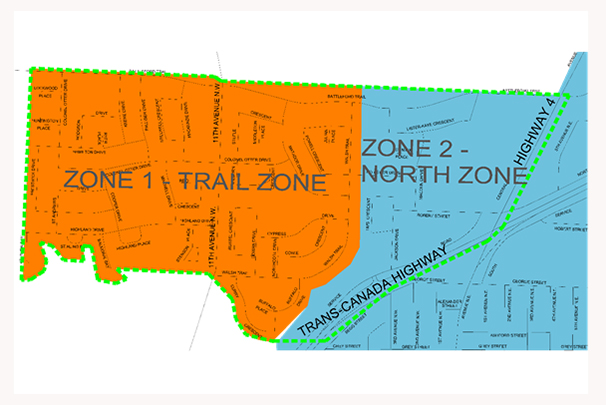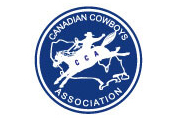
Households in the Highland and Trail Subdivisions have been placed under a Precautionary Drinking Water Advisory.
The Water Security Agency has issued the advisory effective 9 a.m. for all properties north of the TransCanada Highway and west of Central Avenue/Highway 4 (excluding industrial properties west of Highland Subdivision).
The advisory was issued in response to a depressurization of the water distribution system.
Public Drinking Water Advisories are precautionary measures taken when damage/depressurization occurs to a water supply system and repairs are required. During water supply repairs there is a risk of soil or other contaminants entering the water supply.
As a precautionary advisory, the action is not an indication of unsafe/contaminated water.
Following water system restoration, water samples will be taken and sent to the Provincial Lab for Water Quality Testing. After two consecutive sets of negative samples determine the water is deemed safe, the Precautionary Drinking Water Advisory. will then be lifted.
Precautionary Drinking Water Advisories apply to water that may be ingested through activities such as:
• Drinking
• Brushing teeth
• Soaking dentures
• Washing fruits and vegetables
• Washing dishes by hand (Use hot water cycle on dishwasher)
• Preparing ice cubes
• Swallowing water while bathing/showering
The Water Security Agency is delivering the following notification to all water users in the effected areas:
(a) boil all water, used for drinking purposes, for at least one minute, at a rolling boil, prior to use;
(b) boil water to be used for other activities where it may be ingested, including:
(i) brushing teeth or soaking false teeth;
(ii) washing fruits and vegetables;
(iii) food or drink which will not be subsequently heated; and
(iv) ice cubes;
(c) not use the water for washing dishes, unless the water has been boiled or the dishes are sanitized in another fashion. Washed dishes and utensils can be soaked in a bleach water solution (approximately two tablespoons of
bleach per gallon or 10 ml of bleach per liter of water) for at least two minutes after being washed to kill any bacteria which may be present.
Note: Do not mix bleach with soaps or detergents.
(d) not drink from any public drinking fountains supplied with water from the public water supply;
(e) ensure that younger children and infants are sponge bathed;
(f) use an alternative water source known to be safe, if they do not wish to boil the water; and
(g) consult with your physician if you have cuts or rashes that are severe before using the water.
Under most circumstances, there is no need to boil water used for other household purposes. Adults, adolescents and older children may shower, bathe or wash using tap water but should avoid swallowing the water. Laundry may be washed in tap water, either by hand or by machine.





